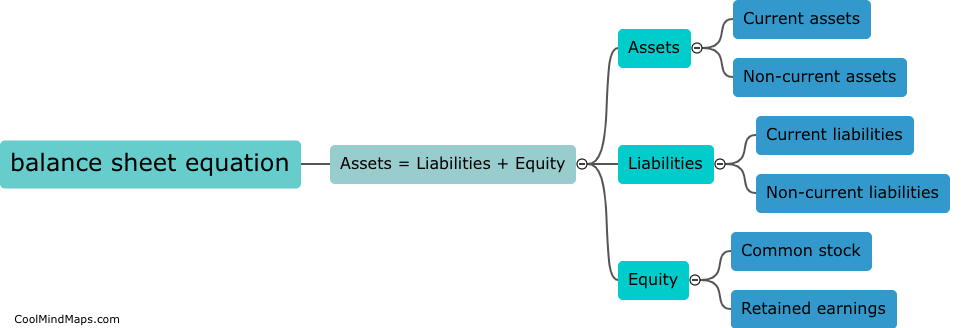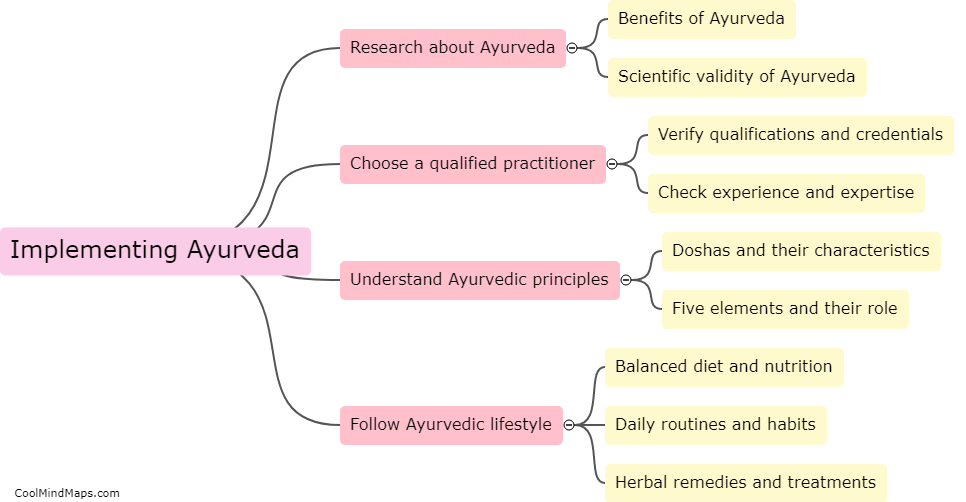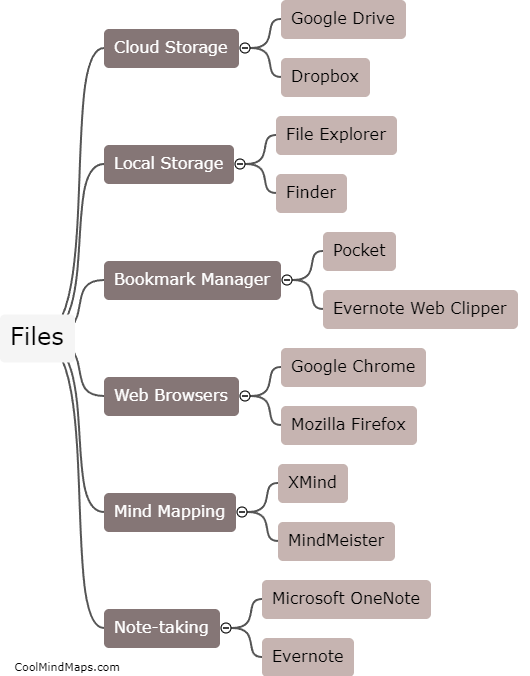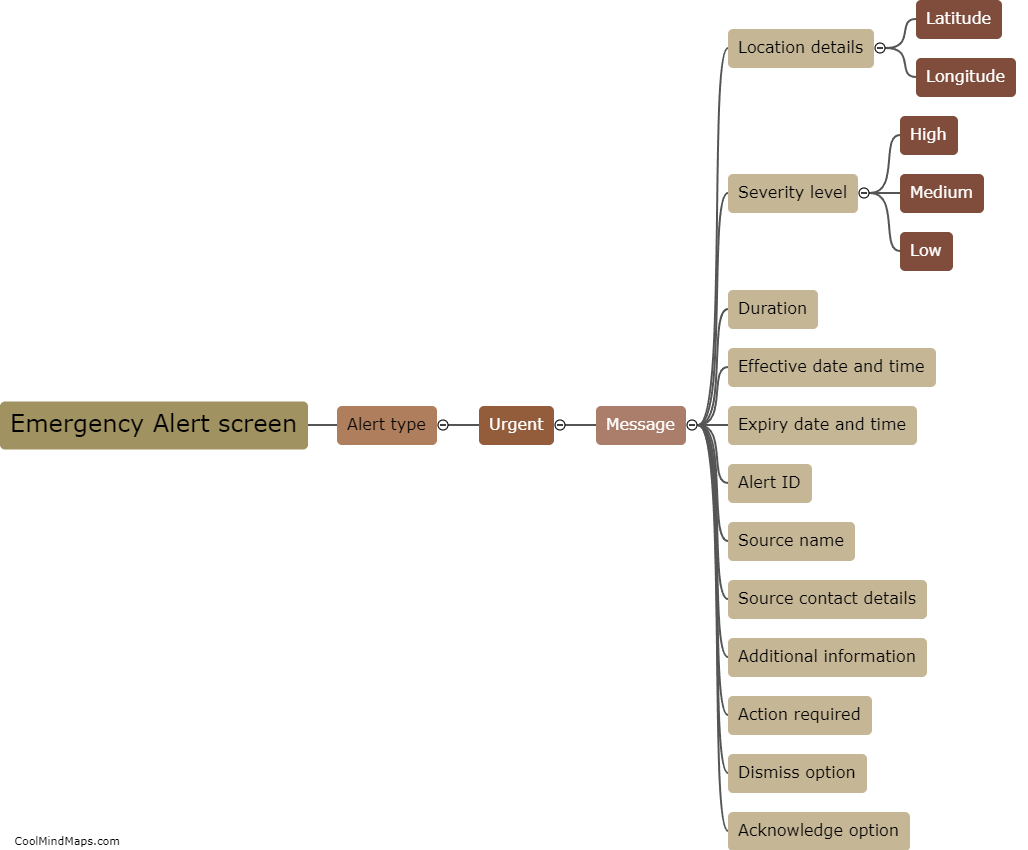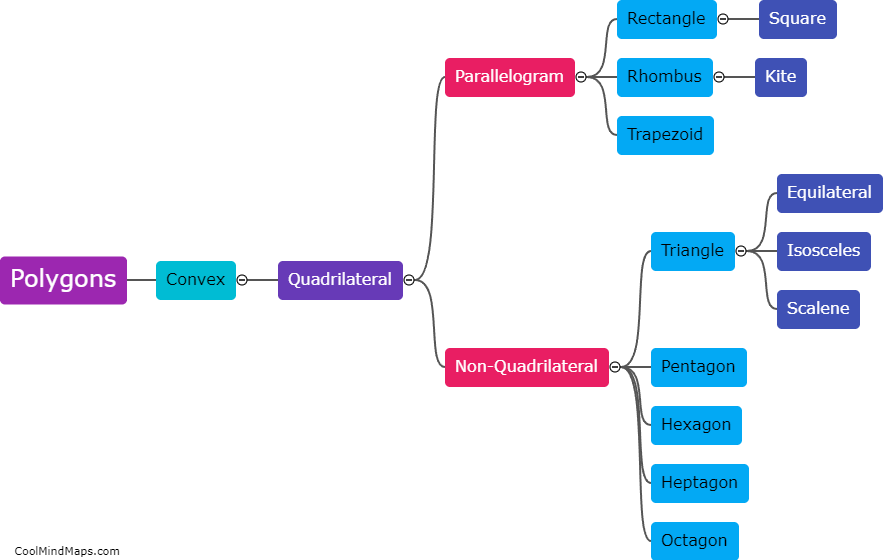What strategies can be used to achieve cost-effective service excellence in MOOCs?
To achieve cost-effective service excellence in Massive Open Online Courses (MOOCs), several strategies can be employed. Firstly, utilizing technology effectively can significantly reduce costs while maintaining the quality of the educational experience. MOOC platforms should leverage automation, intelligent algorithms, and machine learning to provide personalized learning experiences to large numbers of students without the need for excessive manual intervention. Secondly, adopting open educational resources (OER) can help cut down on costs associated with course development. By utilizing existing open resources and materials, MOOC providers can reduce expenses while still offering high-quality content. Additionally, utilizing peer-to-peer learning and crowd-based feedback systems can help enhance the learning experience at a lower cost by leveraging the collective intelligence of the MOOC community. Lastly, establishing partnerships with academic institutions, corporations, or organizations can provide access to additional resources and expertise, enabling cost-effective scalability and improved service quality. Through these strategies, MOOCs can attain service excellence while keeping costs affordable and accessible.

This mind map was published on 15 July 2023 and has been viewed 130 times.

